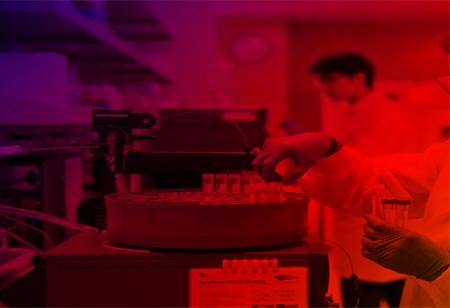You must know the differences between specialty and commodity chemicals to guarantee using the right chemicals for your projects and needs.
Fremont, CA: As the name indicates, Commodity chemicals are general chemicals that many chemical producers can generate in bulk quantities. The production quality of these chemicals differs little, being advanced in a very standardized form with clear compositional matches.
Conversely, specialty chemicals are more special concerning the manufacturers able to generate them. These chemicals are aimed at specific services and customer requirements instead of common use. Specialty chemicals are commonly confined to specific manufacturers on account of patents, but as those patents lapse and market requirement grows, specialty chemicals can evolve into commodity chemicals over time.
Specialty Chemicals
Antibiotics, adhesives, or pesticides are examples of specialty chemicals, as they are made in low volumes to address specific needs. For illustration, antibiotics are customized to handle the problems of a specific illness. Due to this niche use, antibiotics are made in low volumes as they turn necessary. Yet, as chemical research and development progress, specialty chemicals turn much more effective to yield and may change into commodity chemicals.
Commodity Chemicals
A commodity chemical that has evolved to be interchangeable is called a “fungible” material. This implies there is no distinction between one manufacturer’s product and another. This is the greatest distinction between specialty and commodity chemicals, as the commodity chemical is standardized, and you know precisely what you will gain from it.

